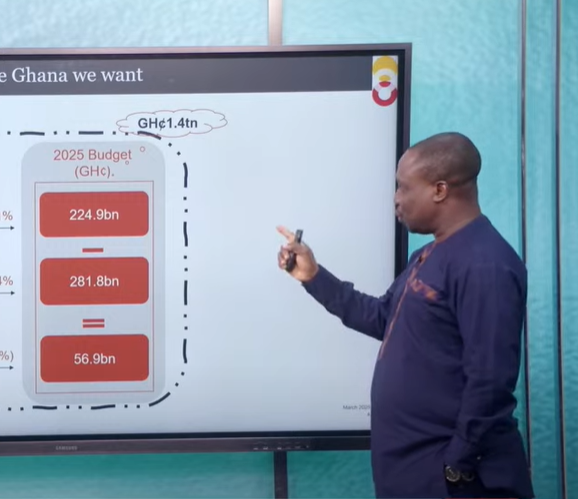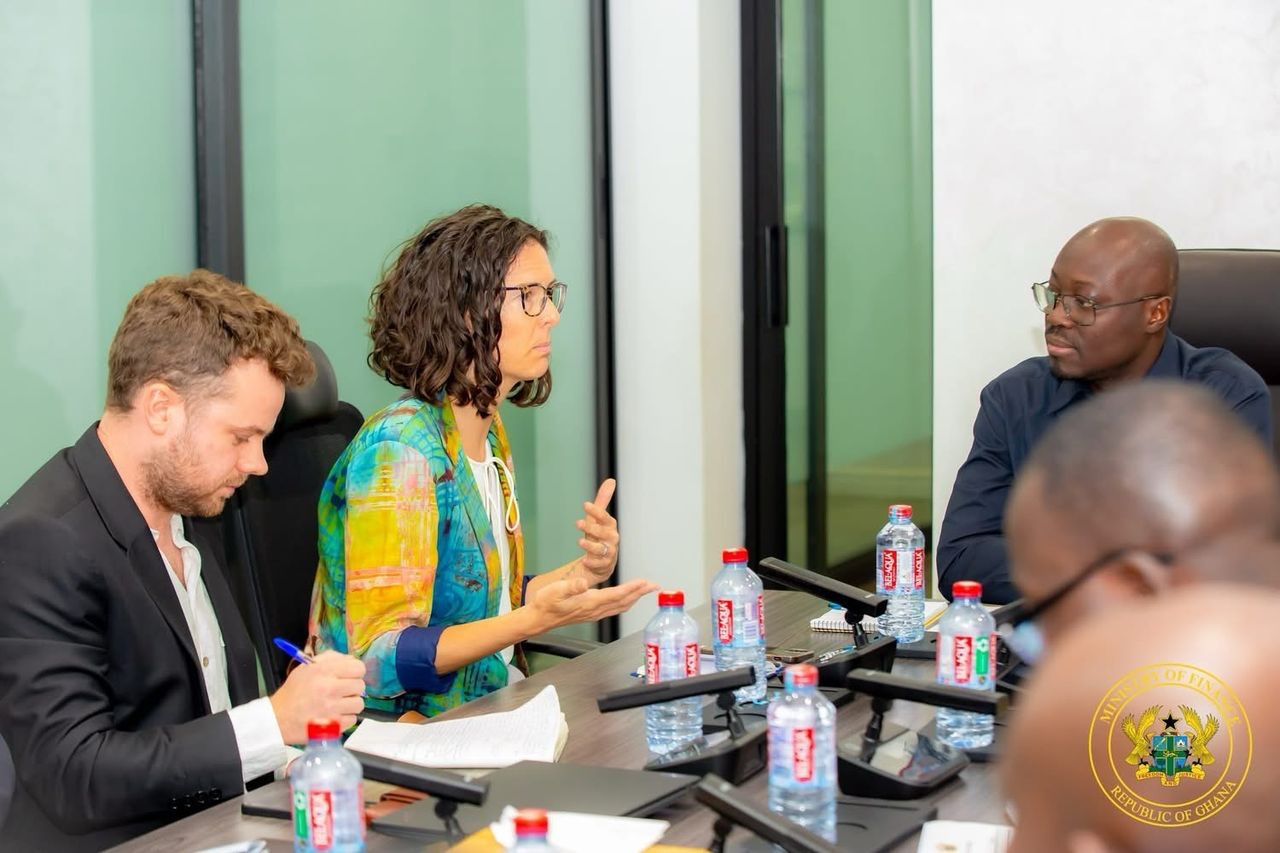Restructure property tax system for efficient collection - Abeiku Gyan-Quansah to gov't - MyJoyOnline
Tax Partner at PwC, Abeiku Gyan-Quansah, has raised concerns over the inefficiencies in Ghana’s property rate collection system, emphasizing the need for a comprehensive restructuring to improve compliance and revenue generation. Speaking on the , Mr. Gyan-Quansah highlighted the challenges in tax administration and called for simplified tax collection platforms to enhance efficiency.
"Dealing with property rates should have been relatively easier than handling income taxes," he noted. "Unlike income taxes, where individuals can find ways to evade payments, property rates are tied to physical, traceable assets. However, despite this, we continue to face significant challenges in collection."
One of the major issues, according to Mr. Gyan-Quansah, is the difficulty in registering property ownership, which hinders tax compliance.
"Many property owners struggle to obtain official titles for their properties. If the government does not restructure the system to ensure people can easily claim ownership of their properties, they will always find reasons to avoid paying property rates," he explained.
He also noted the inconsistent role of the Ghana Revenue Authority (GRA) in assisting Metropolitan, Municipal, and District Assemblies (MMDAs) in tax collection.
"The GRA initially stepped in to support property rate collection, but as we understand it, that assistance has been scaled back. Now, the assemblies have taken back the responsibility, but the question remains—how effective are they in implementing it?"
Mr. Gyan-Quansah stressed that local assemblies must play a more active role in ensuring efficient property tax collection and service delivery.
"Assemblies should ensure that property registration is straightforward and accessible. If people can easily register their properties, they will have fewer excuses for avoiding payment," he said.
Drawing comparisons with international practices, he pointed out the crucial role property rates play in funding local development.
"In places like the UK, a significant portion of community development projects is funded through property taxes. However, in Ghana, people expect the central government to fix roads, drainage systems, and other infrastructure. When they do not see results, they use it as a justification for not paying property rates."
Mr. Gyan-Quansah further argued that the government's ability to enforce tax collection is directly linked to how efficiently public funds are utilized.
"If we don’t put the expenditure basket to good use, people will always find reasons to avoid paying taxes," he concluded.
The Views, Comments, Opinions, Contributions and Statements made by Readers and Contributors on this platform do not necessarily represent the views or policy of Multimedia Group Limited.










